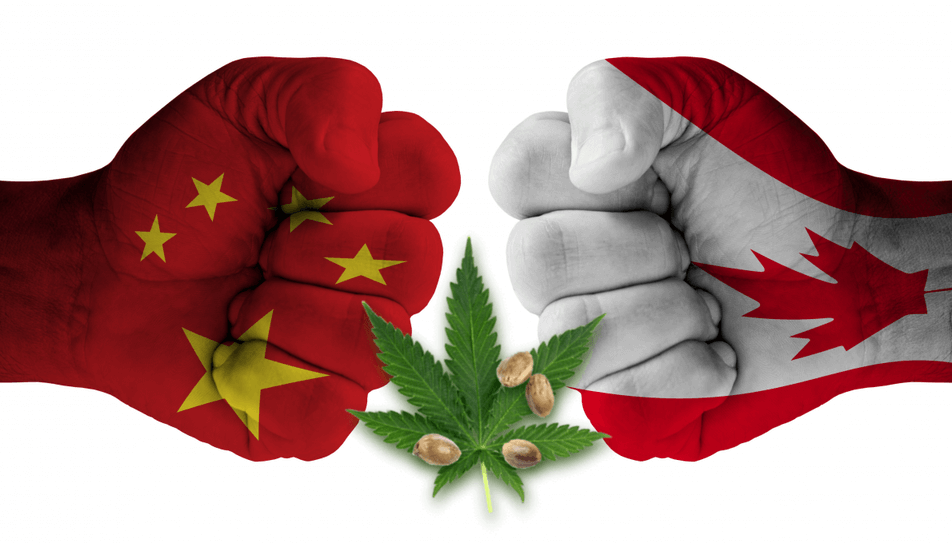Canada’s Marijuana Legalization Seen as Threat to China’s National Security
Deputy Director of China’s National Narcotics Control Commission, Liu Yuejin, has stated that the legalization of marijuana in Canada poses a threat to China’s national security. According to Liu, the number of Chinese citizens using marijuana increased by 25% in 2018.
North American Marijuana Smuggled into China
Over the past two years, the volume of marijuana smuggled from North America into China has grown. Liu reported that last year, law enforcement agencies confiscated 115 packages containing marijuana products, totaling 55 kilograms. In most cases, the smuggling was carried out by Chinese citizens who had studied or worked in North America.
A similar situation is unfolding in Hong Kong, China’s special administrative region. In the first quarter of 2019, customs officials seized a record 135 kilograms of smuggled marijuana. For comparison, a total of 140 kilograms was confiscated in all of 2018. Criminals often send marijuana in postal packages disguised as dried fruit. The main source of this drug trafficking is Canada.
Chinese authorities believe that local residents are smoking marijuana more frequently due to its legalization in certain U.S. states and in Canada. Officials argue that North American countries are creating a new, more favorable image of marijuana, which makes Chinese citizens curious to try the drug.
China Maintains Strict Penalties for Marijuana Offenses
China has some of the world’s toughest anti-drug laws. Possession, smuggling, or distribution of any narcotic substances weighing 50 grams or more is punishable by the death penalty. Each year, about 500 people are executed in China for drug-related offenses, with most death sentences handed down to those convicted of trafficking or smuggling drugs.
U.S. Accuses China in Opioid Crisis
U.S. President Donald Trump has accused China of fueling the opioid crisis, claiming that fentanyl is actively produced in China and shipped by mail to the United States. In April 2019, Chinese authorities announced a campaign to combat fentanyl in an effort to address the growing conflict.
However, in May, Trump stated that China was not fulfilling its commitments. He proposed raising tariffs on Chinese goods to 25%. Given the high volume of imports from China (about $300 billion per year), this would significantly impact the Chinese economy. On June 17, the U.S. Trade Representative held its first meeting to discuss Trump’s plan. American federal agencies believe that higher tariffs will lead to increased prices, and buying products from other countries would be even more expensive. Experts suggest that Washington will likely continue trading with China under the same conditions, as the U.S. has no real alternatives.



